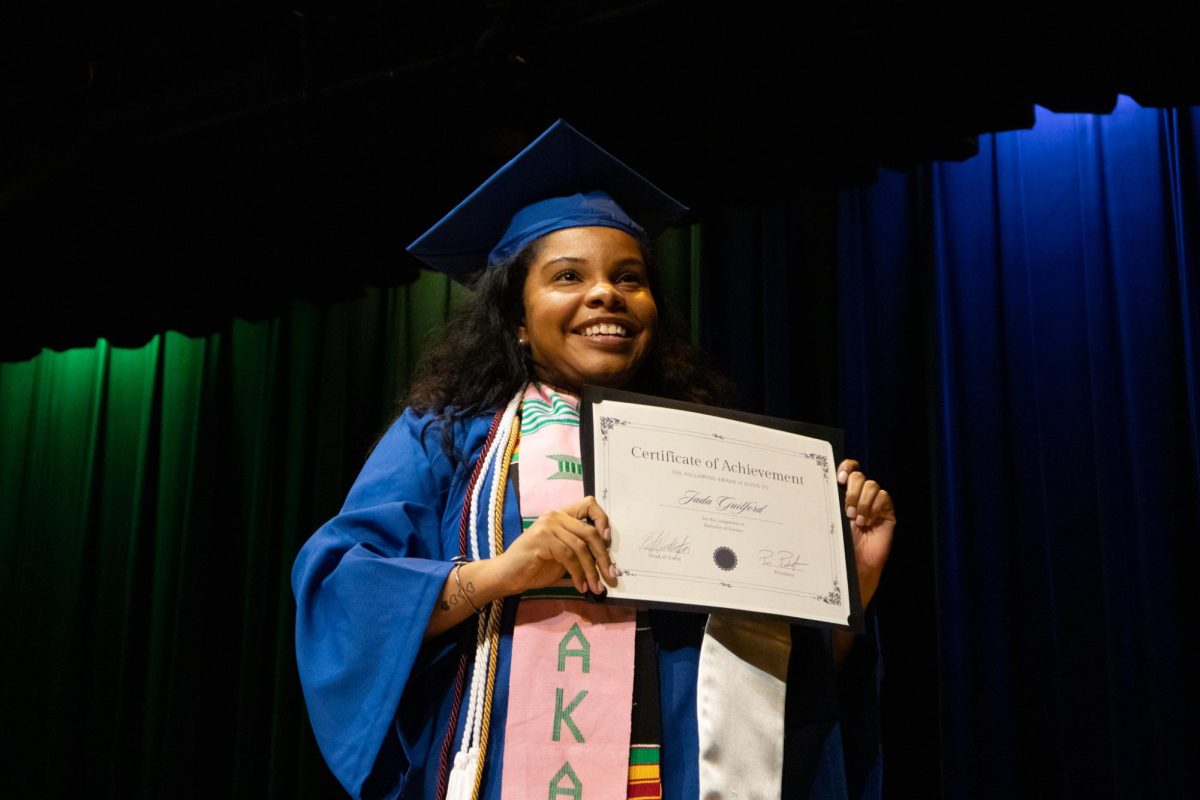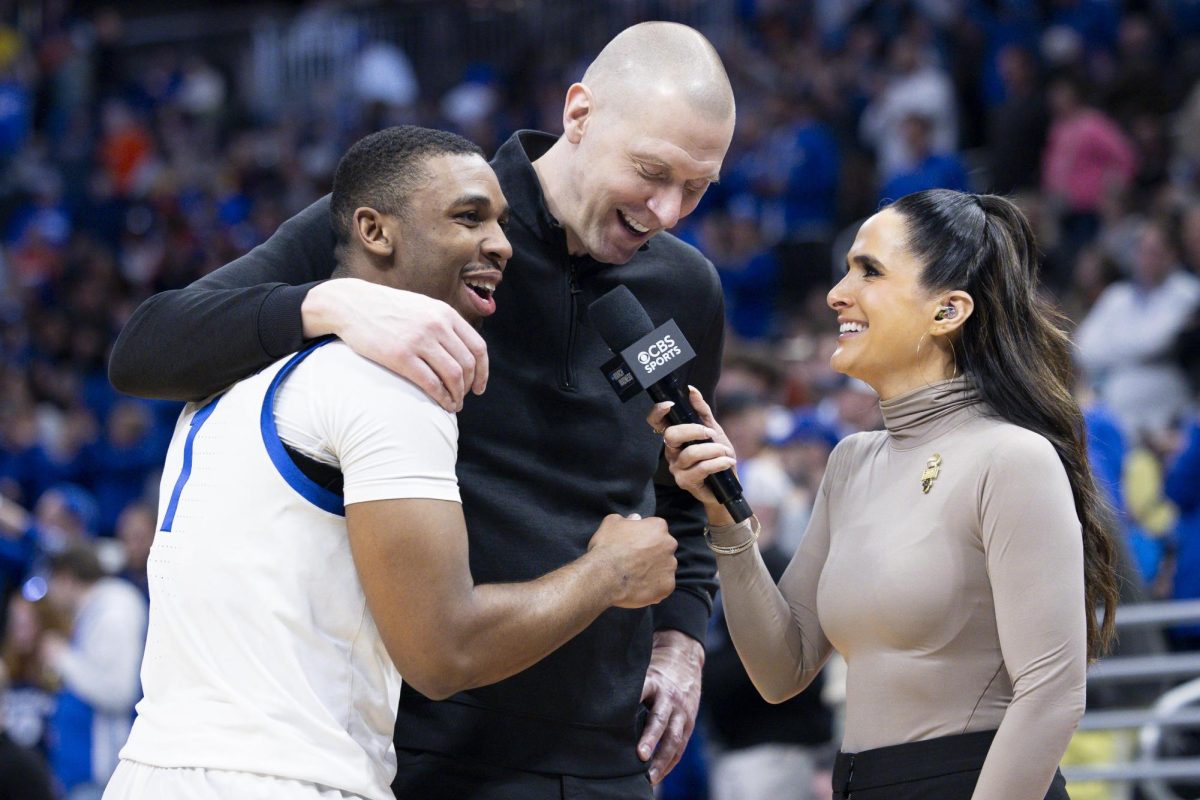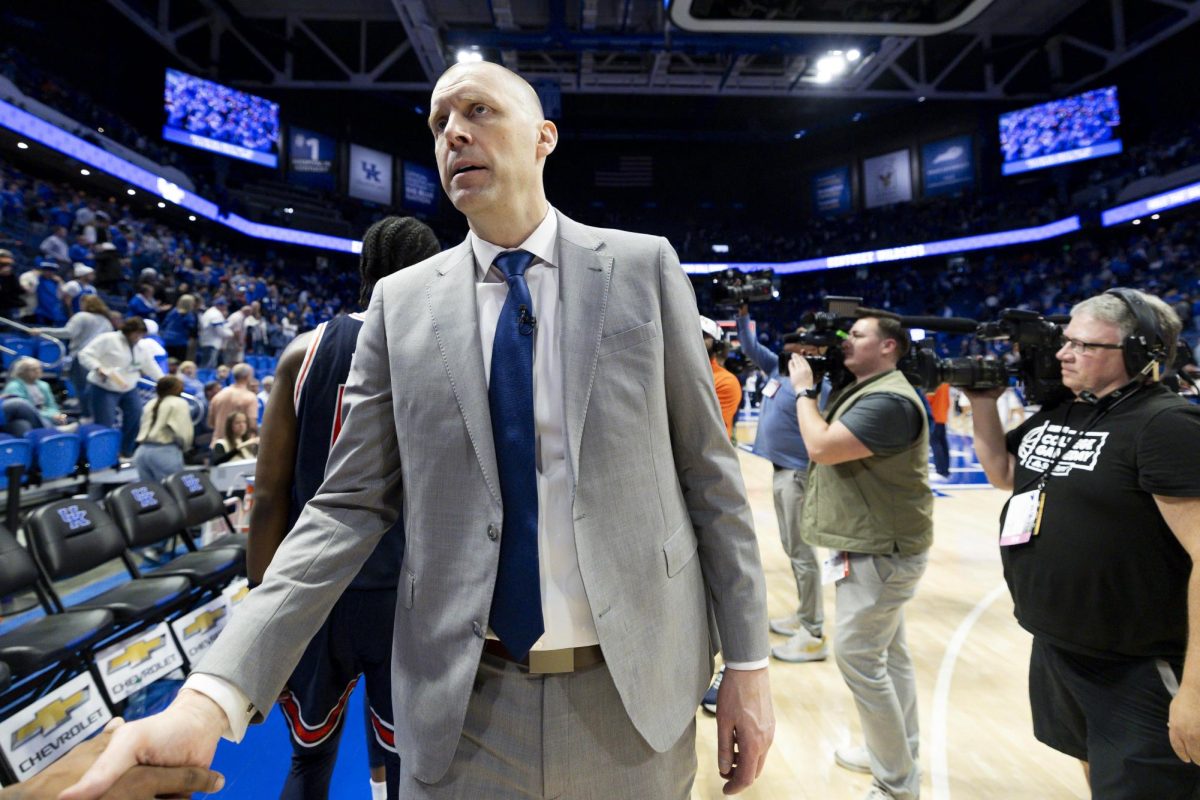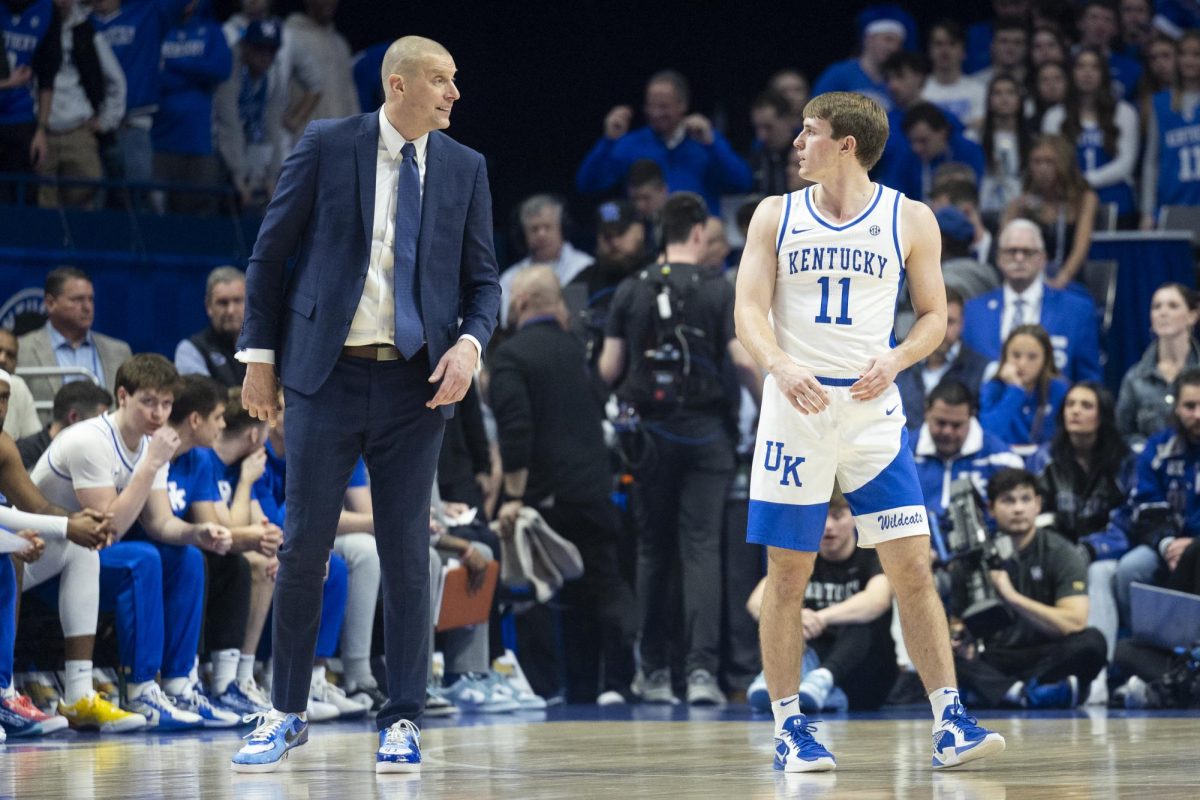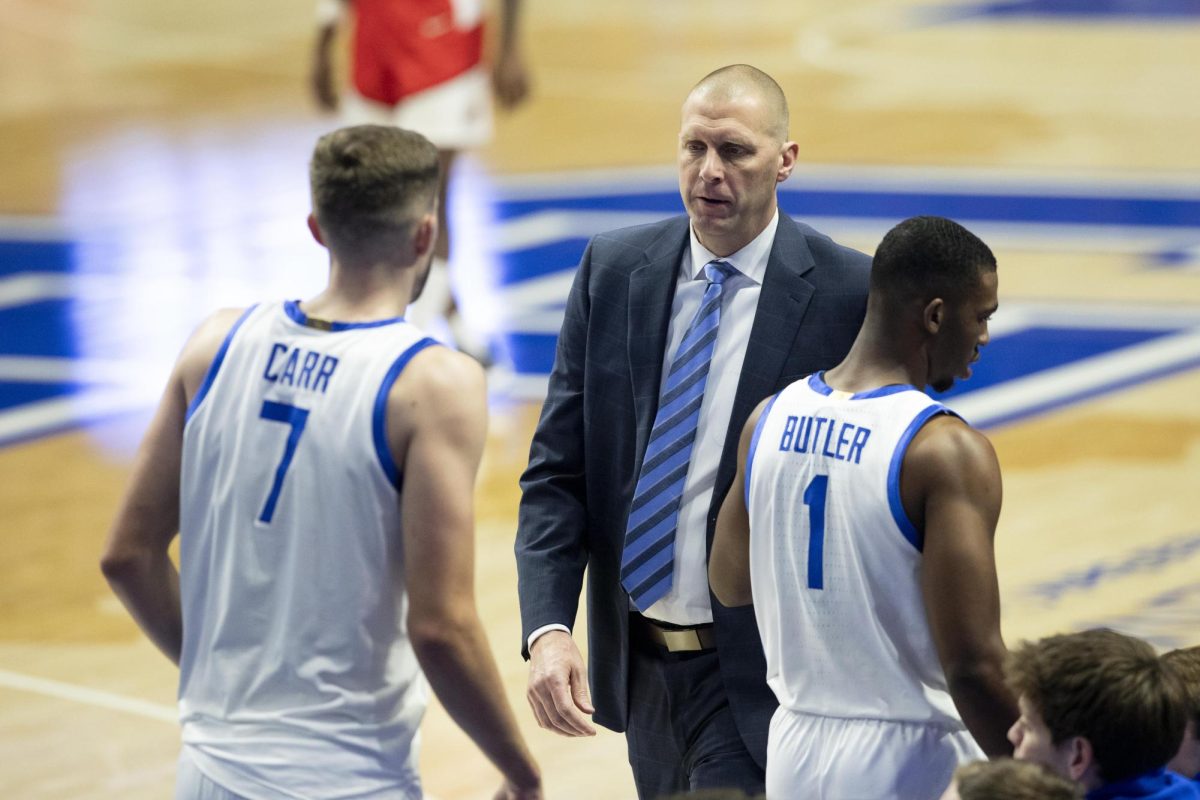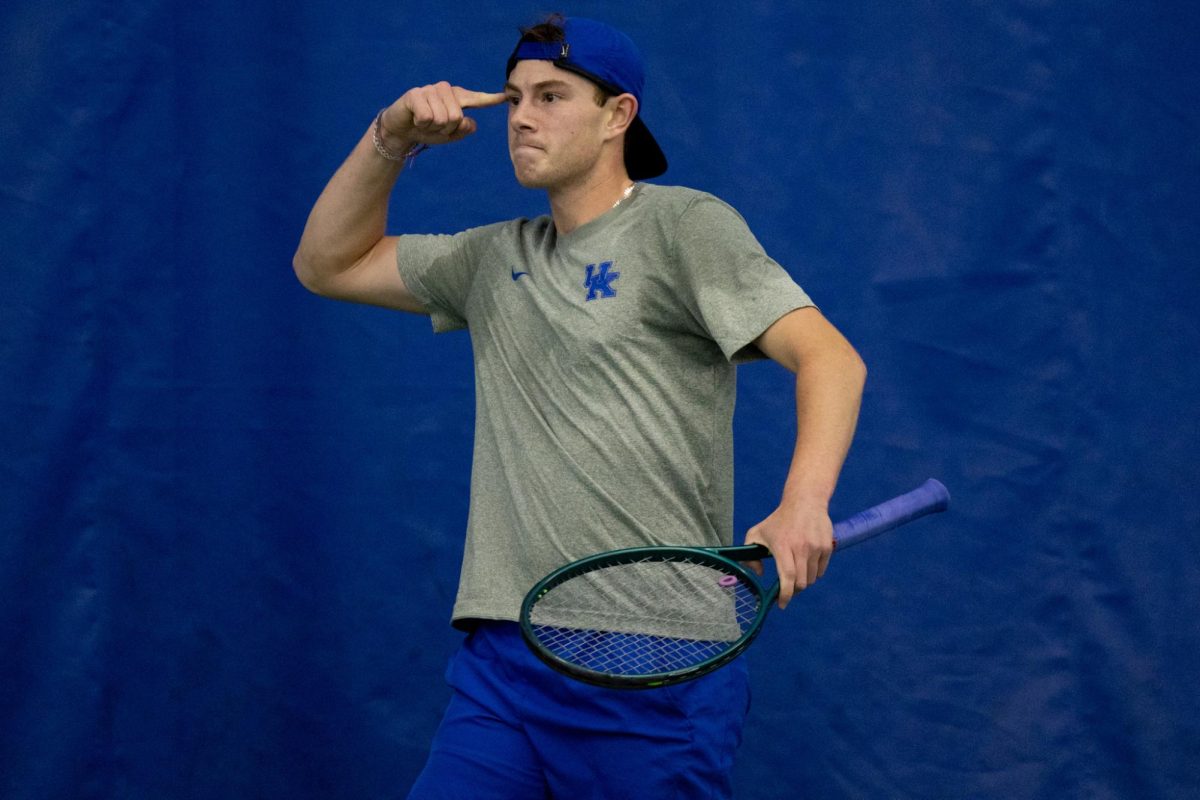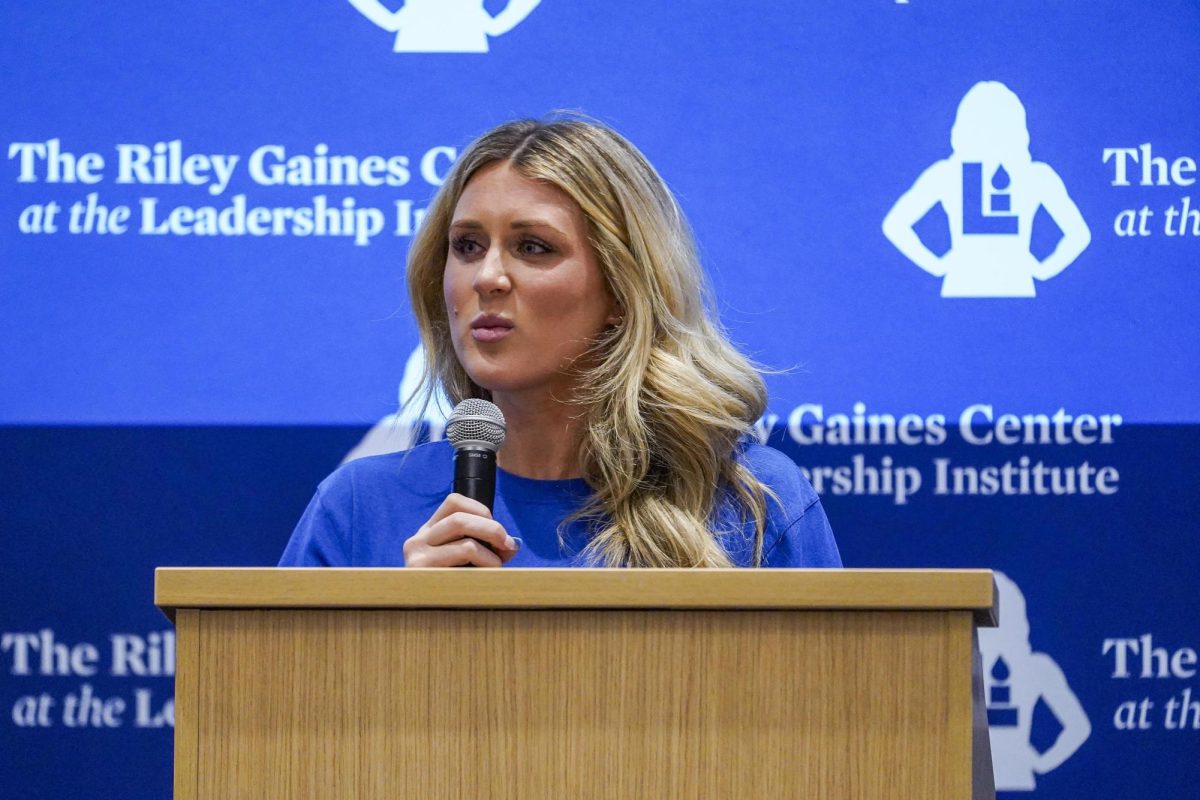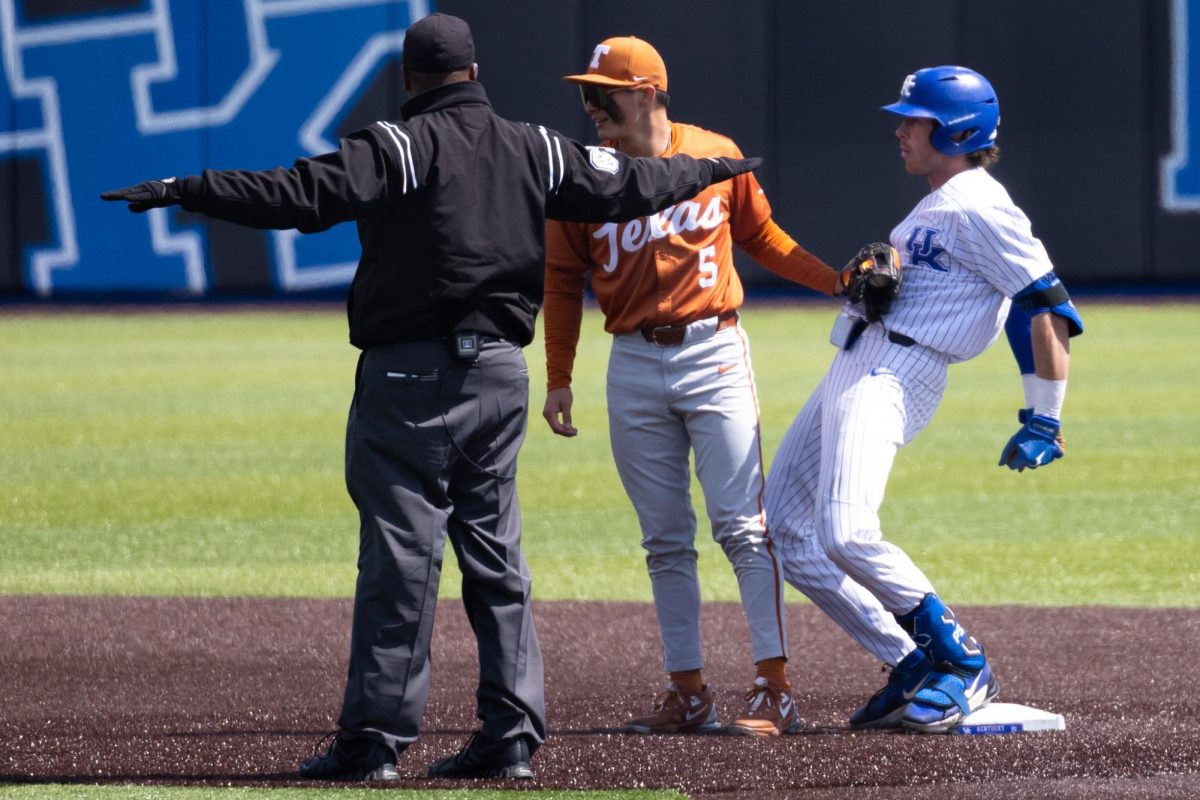Professor: Awareness, early detection needed Alzheimer’s disease
February 9, 2009
Early detection and help from friends and family are important when dealing with Alzheimer’s disease, a UK professor said during a speech Saturday.
Dr. Gregory Jicha, assistant professor of neurology who works with the UK Sanders-Brown Center on Aging, spoke to around 30 people on Alzheimer’s disease at Southern Hills United Methodist Church.
Alzheimer’s disease is caused by the loss of nerve cells, which makes people gradually stop thinking normally.
There are 10 warning signs of Alzheimer’s disease, which include memory loss, problems with language and changes in mood or behavior, among other signs.
“There is not a single person in Kentucky who has not been touched by Alzheimer’s disease in some way,†Jicha said.
Jicha called the audience “disciples of Alzheimer’s,†meaning people and doctors can change things worldwide by curing the disease one person at a time. He suggested three steps to slow down the process of Alzheimer’s disease.
- Thirty minutes of aerobic exercise three times a week.
- Mental activities such as weeding the garden, cooking, tinkering around the house or garage and other activities where people use their brains without causing them frustration.
- Social activities, which keep people active and prevent them from isolation.
Kim Noble, whose father was diagnosed with Alzheimer’s disease, wanted to find out if there were any hereditary connections associate with Alzheimer’s.
“I am glad to see people like Dr. Jicha, who is so passionate about his work, working hard to find a cure for the disease,†Noble said.

